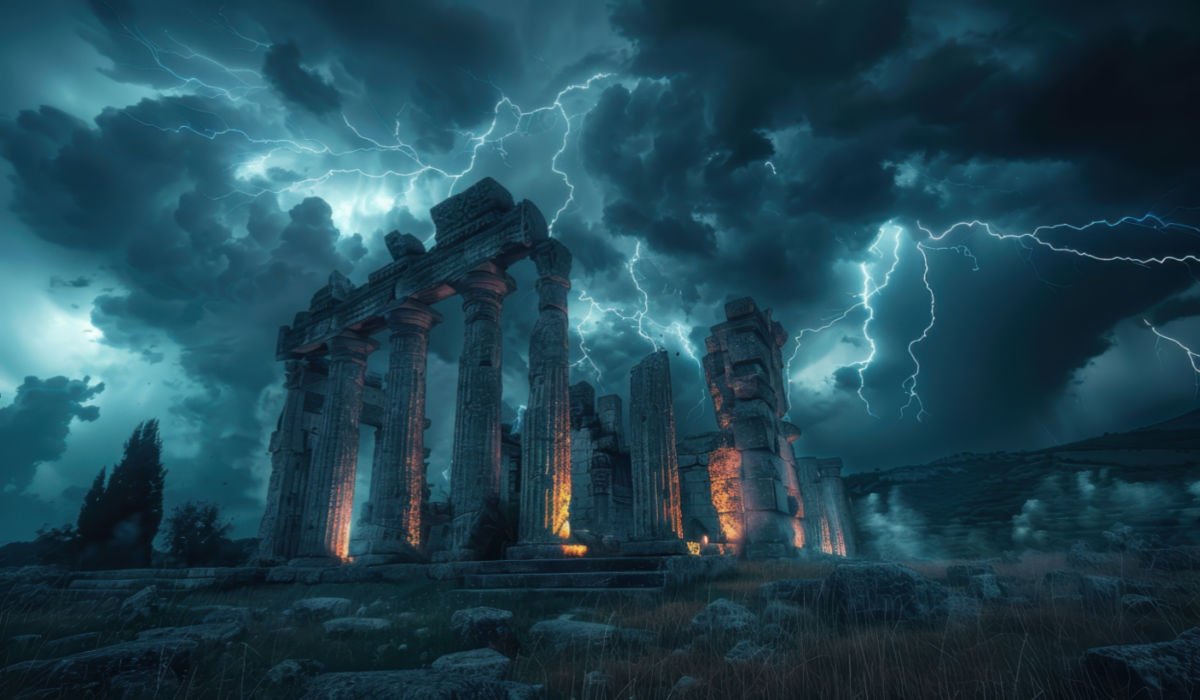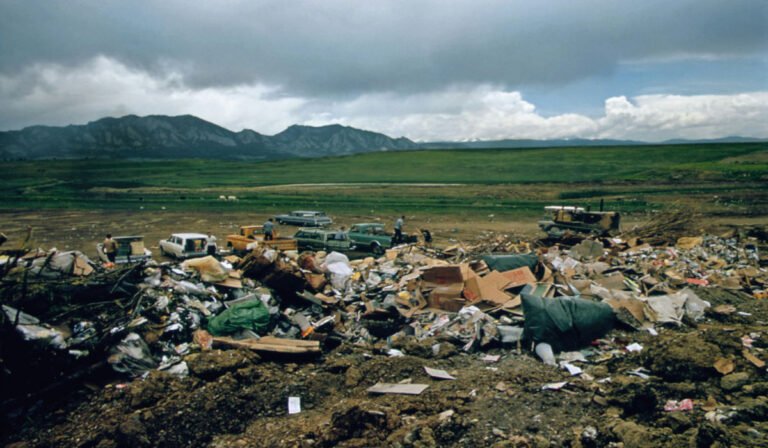What is Armageddon?
The name Armageddon stirs up images of the annihilation of our world, yet its true meaning is often misunderstood. This isn’t a motion picture ending or a hopeless fade to black; instead, Armageddon signals God’s promise to sweep aside cruel systems and make space for justice. Learn why this moment is about cleansing, not chaos.
The Battle of Armageddon represents the ultimate conflict between human governments and God’s sovereignty. These earthly powers and their supporters currently reject God’s authority (Psalm 2:2). Armageddon will mark the complete end of human rulership—Daniel 2:44.
The Meaning of “Armageddon” in Scripture
The term “Armageddon” appears only once in the Bible:
“And they gathered them together to the place which in Hebrew is called Armageddon.”
(Revelation 16:16).
This prophetic passage reveals that “the kings of the whole world” will unite against God in,
“. . . the war of the great day of God the Almighty”—Revelation 16:14.
—Revelation 16:14
Who Will Fight at Armageddon?
Jesus Christ will command heaven’s armies in this decisive victory over God’s enemies (Revelation 19:11-16, 19-21). These opponents include all who defy God’s authority and show Him contempt—Ezekiel 39:7.
Will Armageddon Be Limited to the Middle East?
No. Armageddon will not be confined to one geographical location but will engulf the entire earth—Jeremiah 25:32-34; Ezekiel 39:17-20.
The Significance of the Name “Armageddon”
The Hebrew term “Har-Magedon” means “Mountain of Megiddo.” While ancient Megiddo witnessed important battles (Judges 5:19, 20; 2 Kings 9:27; 23:29), Armageddon symbolically represents the global confrontation where nations make their final stand against God’s rule. The actual Megiddo site couldn’t contain this worldwide conflict—there’s no mountain there large enough, and even the surrounding Jezreel Valley would be insufficient.
What Will Armageddon Be Like?
Though God’s precise methods remain unknown, Scripture suggests He may employ forces like
- Devastating hailstorms (Job 38:22, 23)
- Earthquakes (Ezekiel 38:19)
- Fire and brimstone (Ezekiel 38:22)
- Lightning strikes (Habakkuk 3:10, 11)
- Plagues (Zechariah 14:12)
In the chaos, God’s enemies may even turn on each other (Ezekiel 38:21), as they finally recognize divine judgment (Ezekiel 38:23; Zechariah 14:13).
Will Armageddon Destroy the Earth?
No. Our planet will endure forever as humanity’s eternal home (Psalm 37:29; 96:10; Ecclesiastes 1:4). Rather than annihilating mankind, Armageddon will preserve righteous people—“a great multitude” will survive (Revelation 7:9, 14; Psalm 37:34).
When the Bible mentions “the end of the world” (Matthew 24:3, KJV), it refers to the destruction of the wicked human society opposed to God—1 John 2:15-17.
When Will Armageddon Occur?
Jesus stated,
“About that day or hour no one knows, not even the angels in heaven, nor the Son, but only the Father.”
– (Matthew 24:36).
However, Scripture indicates it will happen during Christ’s invisible presence, which began in 1914:
“37 For just as the days of Noah were, so the presence of the Son of Man will be. 38 For as they were in those days before the Flood, eating and drinking, men marrying and women being given in marriage, until the day that Noah entered into the ark, 39 and they took no note until the Flood came and swept them all away, so the presence of the Son of Man will be.“
—Matthew 24:37-39.
Noah and the Great Flood—Just a Myth?
Many people ask if the story of the Flood is only a myth or if it describes something that truly happened. The Bible tells us that the Great Flood was indeed a real historical event. The account states that God brought the Flood as a response to widespread wrongdoing among people. He [God] gave Noah instructions to build an ark to keep both good people and animals safe. As found at Genesis 6:11-20, the record provides clear details about these instructions and events.
Our confidence in the reality of the Flood rests on its inclusion in Scripture, ‘God cannot lie.’ (Titus 1:2)
“All Scripture is inspired of God and beneficial for teaching, for reproving, for setting things straight, and for disciplining in righteousness.“
– 2 Timothy 3:16
For those who trust the Bible, this statement offers a strong reason to view the Flood as a fact rather than as a simple story. The narrative does not present itself as a ‘story’ but as a record of an actual event.








